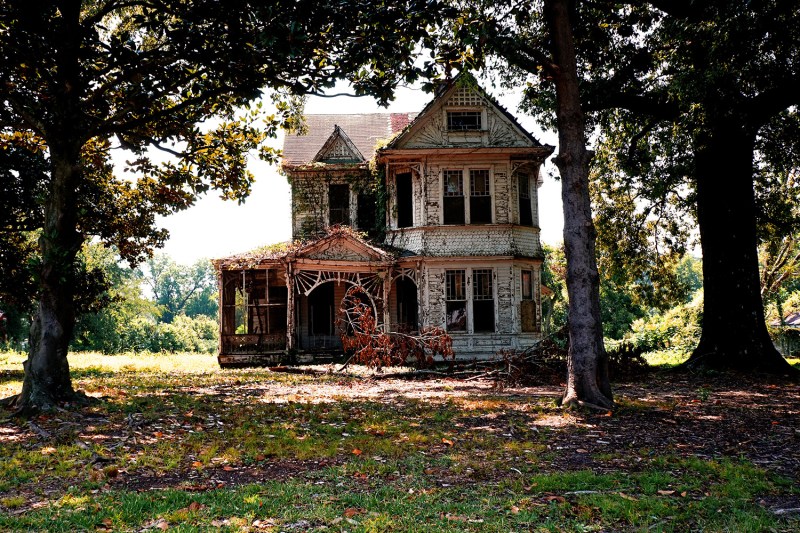
Some of us never outgrow our childhood fears: Clowns, the dark, or things that go bump in the night. Still, most of us appreciate a good ghost tour or haunted house at Halloween. But, if the walls of your cozy new Victorian estate start bleeding or the girl from The Ring comes crawling out of your laundry chute, suddenly that fear isn’t quite so fun. Determining whether a house is, in fact, “haunted” can be a tricky thing, legally and otherwise. Here’s what you need to know about accidentally buying a haunted house.
Can a House Even Be Classified As “Haunted”?
Not surprisingly, the short answer is no. Believe it or not, however, there is a legal term for homes that are purportedly haunted. The technical term is “stigmatized.” It’s a polarizing and controversial term because it’s difficult to define. According to Wikipedia, it’s an umbrella word that refers to “property that buyers or tenants may shun for reasons that are unrelated to its physical condition or features.” Among those reasons are ordinary acts of murder, suicide, and past felonious goings-on. It also includes houses believed to be haunted.
Aren’t Sellers Required to Tell Me If There Home Is Haunted?
Ethically speaking, sellers and sellers’ agents should let buyers know what they’re getting into. Legally speaking, things tend to be a bit murky. Most states have disclosure laws in place requiring realtors to let home buyers know the full history behind their real estate purchases. Those laws vary widely, however. In Massachusetts, for example, agents needn’t reveal much of anything about a home for sale. (Best of luck with that new home in Salem!) California, on the other hand, requires realtors and agents to disclose any deaths that have occurred on the property in the last three years.
In most cases, agents are required to answer any direct questions from buyers about a home’s condition. In other words, they can’t flat-out lie about any aspect of the sale. Clever sellers and their realtors, however, know how to skirt such questions without ever actually declaring that their house may be “haunted.”
How Can I Tell If My New House Is Haunted?
Ultimately, it’s incumbent on buyers to perform their due diligence. Simply asking neighbors or Googling a home’s address is usually enough to reveal past skeletons in the closet. For a modest fee, DiedInHouse.com is an entire website dedicated to helping buyers determine if — wait for it — anyone has died at a specific address. Keep in mind that, in some of the oldest American destinations like Savannah and New Orleans, it’s virtually guaranteed that someone at some point died in every house in the older quarters of the city. If you’re looking to dig even deeper, a skilled real estate attorney or private investigator can help shed light on a home’s potentially dark or haunted past.
I’m Pretty Sure My New House Is Haunted! Now What?
Maybe you didn’t perform your due diligence, or the seller’s agent straight-up misrepresented the haunted home you just bought. The question is: Now what? Beyond lighting sage, sprinkling holy water in every dark nook and cranny, and performing an exorcism, you’re going to want to chat with your current real estate attorney. Although, if they didn’t alert you before buying your home, it might be time to consult another attorney. A good one should double-check all the seller’s agent’s work to ensure their disclosures during the sale complied with state laws. If not, you can likely pursue legal recourse to sue or completely back out of the sale. Just know that it can be a complicated, drawn-out process. It turns out that not everyone — least of all judges — is as gullible as the fans of Ghost Hunters.
If your demon-possessed home isn’t scary enough, head to the world’s most haunted bars for a drink.



